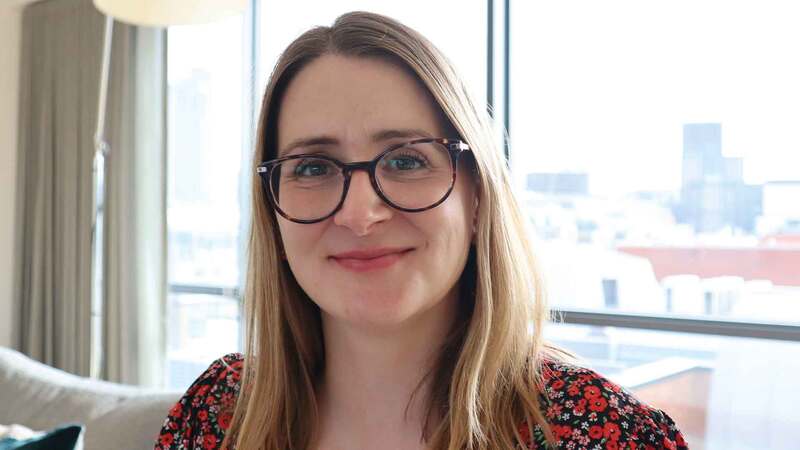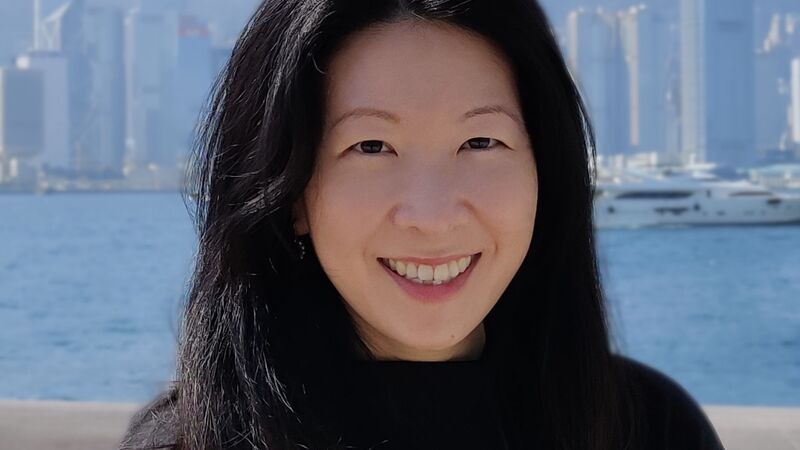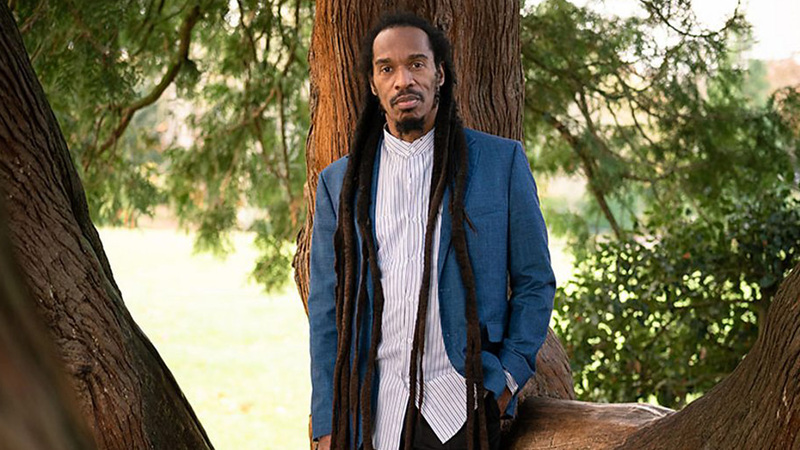You are viewing your 1 free article this month. Login to read more articles.
Authors told to write under pseudonyms to fuel debut obsession, claims Harris
Authors are being told to write under pseudonyms to present themselves as debut writers and feed the publishing industry’s "obsession" with new, marketable voices, Joanne Harris has said.
In a lengthy
1. At the moment, publishing seems to be obsessed with debuts. This may initially seem like a good thing, but I have some underlying concerns. #TenThingsAboutDebuts
— Joanne Harris (@Joannechocolat) April 5, 2019
She wrote: “There's evidence of increasing numbers of experienced authors (most of them women) being advised to write under a different name, so that their publisher can present them as debut authors. And there are a number of recent cases of publishers taking on authors previously published elsewhere and presenting them as debut novelists.”
Harris complained this created problems for mid-list authors left “overlooked” by their publishers and the new authors themselves who found their second books given little attention.
She said: “What it boils down to is a growing lack of appetite from publishers for the traditional long-term, nurturing relationships they once had with their authors—a literary version of the bad boyfriend meme.”
Taking on a pseudonym is often seen as a common way for a writer to change genres without confusing their usual readers. But many book trade insiders contacted by The Bookseller agreed it was also a common tactic to revive a writer’s career, hide disappointing previous sales or cash-in on the hunger for debuts—though publishers insisted their mid-list authors were supported too.
One agent who preferred to speak anonymously said: “Publishers are businesses and it makes more sense to them to pump money into a new talent, with all the marketing opportunities that presents, than it does supporting a writer on their fourth book with declining sales. It’s a shame but that’s the reality. And, yes, pseudonyms are very popular to try to bypass this issue.”
Lizzy Kremer, of David Higham Associates, told The Bookseller that mid-career authors, and even those only two books in, did not always get same attention as debuts and sometimes the best option was just to change publishers. However, she was cautious about telling her own clients to write under a pseudonym.
She said: “Changing an author’s name can be a way to give an author a new opportunity to begin a career afresh when he or she has experienced disappointing sales. But I only tend to suggest or endorse this for authors of mine if they want to write books that are notably different in appeal or subject from the books he or she has written before and one can make a sensible argument for a change to the author’s ‘branding’.”
Pan Macmillan adult publisher Jeremy Trevathan said name changes were “most usually a testament to publishers maintaining the faith with an author whose writing they love, but whose publishing hasn’t worked yet”. But he dismissed concerns about an obesession with debuts as “a storm in a teacup”.
He said: “We have a incredibly healthy eco-system in UK fiction publishing of established authors, growing authors and debut authors. The proportionate mix between these fluctuates with the market, as it should.”
Phoebe Morgan, editorial director at Trapeze, stressed there were a variety of reasons why publishers sometimes encouraged authors to use a different name. She said: “As an editor I hugely value all of my authors and would always rather re-launch them than lose them from my list. A change of name can allow a writer to switch genre, tap into a new readership, access more retail channels—so when this is done it’s always in the author’s absolute best interests.
“Building authors from debut to brand is one of the most rewarding parts of an editor’s career so although acquiring new writers is always exciting, it doesn’t mean that we aren’t nurturing existing talent.”
However, Suzanne Baboneau, md of adult publishing at Simon and Schuster, insisted she was not aware of any trend for pseudonyms and it went against the aim of building up an author’s profile over time. She said: “There are of course instances where an established author might radically change direction in their writing and advocate, on their own initiative or collaboratively, taking on a different identity to avoid confusion, but I’m straining to find any such examples on our list.
“Surely it’s all about building a profile for an author, establishing and expanding a loyal fan base for them over the course of time and, yes, nurturing careers long-term through thick and thin. This to me is the essence of what we do as publishers, rather than encourage an author to change track mid-term in an effort to chase new readers.”
Agent Clare Alexander from Aitken Alexander said she shared Harris’ concerns about a lack of long-term relationship building with writers. She said: “I worry that too many publishers are focusing on debuts at the expense of building careers, which is a long and careful process with many ups and downs, requiring publishers to back their own judgement and support writers over time.
“In many houses, editors no longer hold sway, and as sales track record is so often poor, it’s easier to get their colleagues’ support for an easy pitch rather than a difficult mid-career novel. But in truth, the pursuit of debuts is not really a search for the new. Too often today’s debut is a hollow echo of yesterday’s bestseller - new, but hardly fresh.”
One writer, who landed a two-book deal but was “quietly abandoned” when her debut failed to make the impact its publisher wanted, told The Bookseller she might also have to “reinvent” herself with a new name and genre.
She said: “There are occasionally mid-list authors without a strong track record who get a debut-like push for a new book but it's rare. Generally, it seems that if a writer doesn't break out with their debut, they will struggle to remain published in that genre, and if they do remain published it will likely be on a much lower advance. That's a great shame.
“Publishers seem to have forgotten that an author's break out book usually isn't their debut. The Da Vinci Code, Gone Girl, Station 11, Cloud Atlas, Girl on a Train were all third, fourth or fifth books. Most of my favourite novels were written my novelists well established in their careers. By dropping authors at debut stage, publishers are therefore losing out on possible bestsellers and halting authors' careers before they've even got off the ground. It's the only profession where your salary and prospects diminish with experience.”
Cathryn Summerhayes at Curtis Brown said there had been discussion of using a new name for author Lucy Foley, whose book The Hunting Party was a change in direction. However, despite “slightly low sales” for her previous historical books, HarperCollins decided to stick with Foley’s name and it proved to be a hardback hit.
Summerhayes said: “That experience shows it’s not necessary to try reinventing someone with a pseudonym if the material’s strong enough and you have a publisher who is backing you.”
















